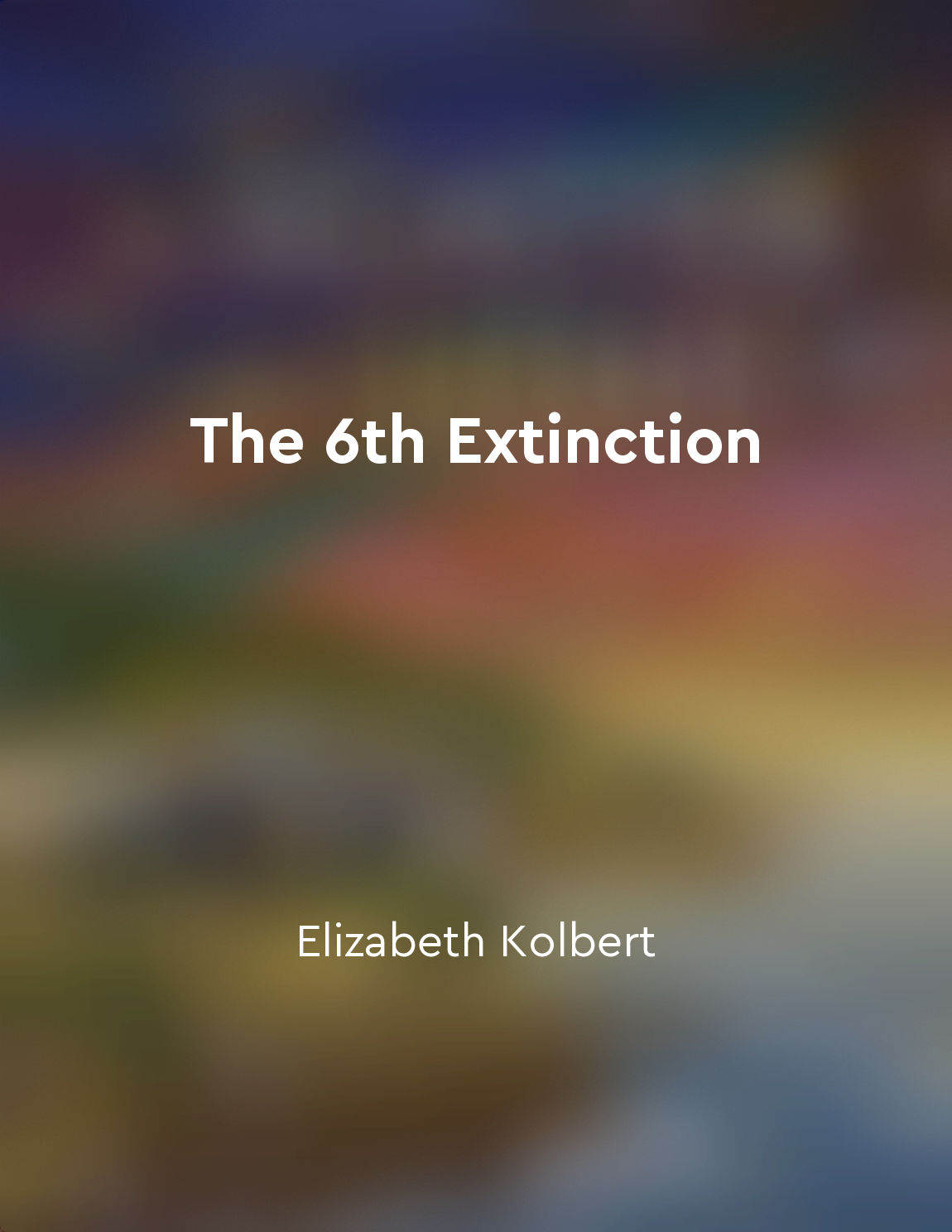Pollinatorfriendly gardening practices can benefit both wildlife and people from "summary" of The Forgotten Pollinators by Stephen L. Buchmann,Gary Paul Nabhan
Gardening practices that are friendly to pollinators not only support the diverse wildlife that plays a crucial role in pollination but also bring benefits to people. By creating habitats that attract and support pollinators such as bees, butterflies, and birds, we can enhance biodiversity and ecosystem health in our own backyards. The presence of pollinators in our gardens leads to increased fruit and vegetable production, as these animals play a vital role in the pollination process. Without pollinators, many plants would struggle to reproduce, resulting in reduced crop yields and potential food shortages for humans. By actively supporting pollinators through our gardening practices, we can help ensure a more secure and sustainable food supply for ourselves and future generations. In addition to the practical benefits of increased crop yields, pollinator-friendly gardening practices can also bring aesthetic and therapeutic value to our lives. Observing the colorful butterflies, buzzing bees, and chirping birds that visit our gardens can provide a sense of joy and wonder, connecting us more deeply to the natural world around us. Creating a welcoming environment for pollinators can turn our gardens into vibrant and dynamic spaces that inspire and delight us. Moreover, supporting pollinators through our gardening practices can have positive ripple effects throughout the ecosystem. By providing a habitat for pollinators, we are also supporting other beneficial insects, birds, and wildlife that rely on these animals for food and shelter. This interconnected web of life benefits not only pollinators and people but also the entire ecosystem, contributing to overall environmental health and resilience.- By adopting pollinator-friendly gardening practices, we can create spaces that are not only beautiful and productive but also sustainable and supportive of biodiversity. By recognizing the importance of pollinators and taking steps to protect and promote them in our own gardens, we can contribute to a healthier and more harmonious relationship between humans and the natural world.
Similar Posts
We are all connected in the circle of life
The intricate web of life that surrounds us is a testament to the interconnectedness of all living beings on this planet. Each ...
Education is key to promoting sustainable practices
Education plays a fundamental role in the advancement of sustainable practices. By imparting knowledge about the interconnected...
Environmental policies should prioritize the protection of natural ecosystems
The health of our planet is intricately connected to the well-being of natural ecosystems. These ecosystems provide essential s...

Invasive species pose a threat to biodiversity
Invasive species, whether intentionally or accidentally introduced by humans, have the potential to disrupt ecosystems and thre...
Climate change poses a significant threat
Climate change poses a significant threat to the environment, economy, and society as a whole. The increasing concentration of ...
Many pollinators are facing habitat loss and pesticide exposure
It is evident that numerous pollinators are currently encountering a dual threat of habitat loss and exposure to harmful pestic...

